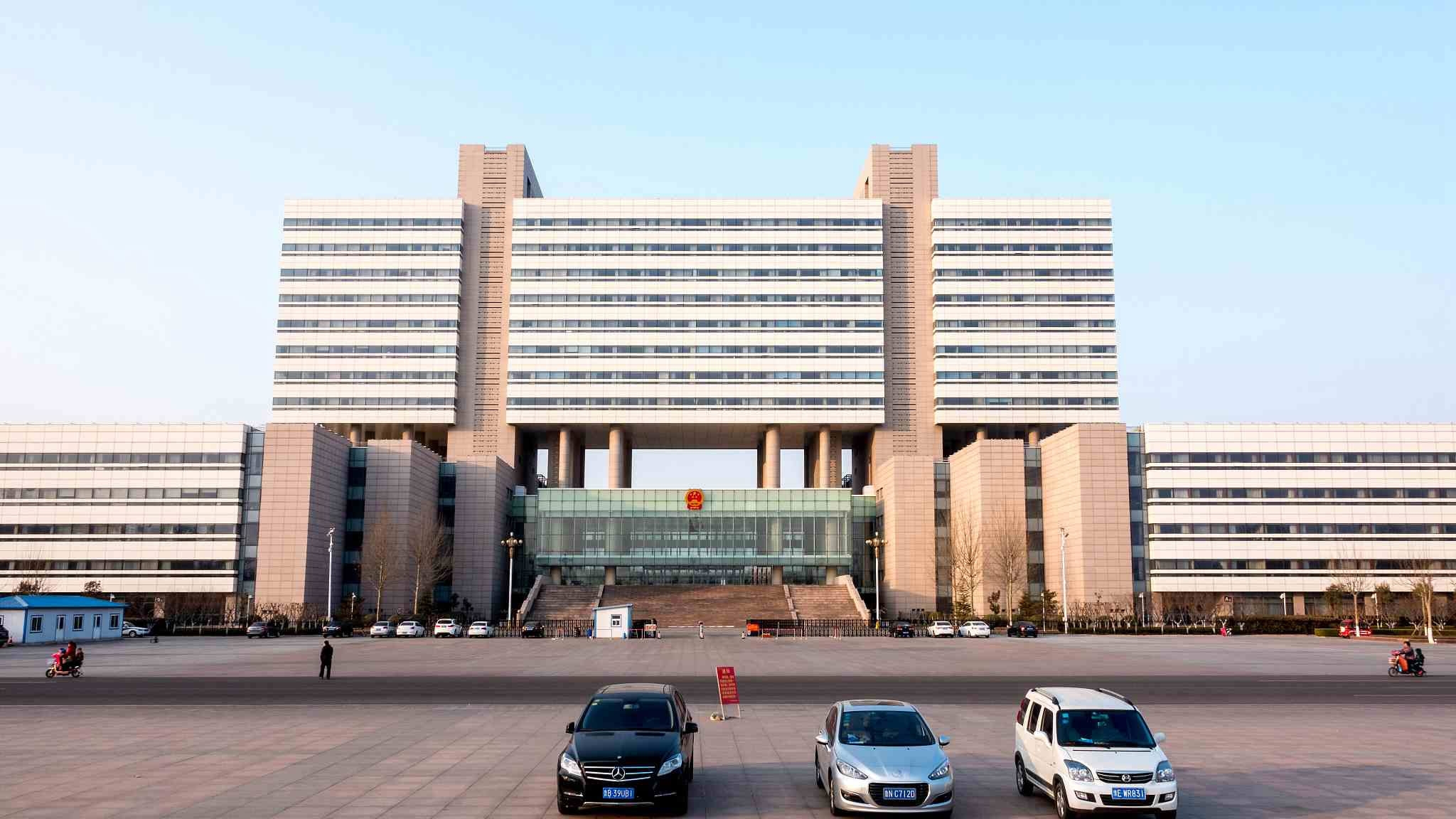
Politics
22:03, 11-May-2018
Xi stresses moving forward on local institutional reform
CGTN

Xi Jinping, general secretary of the Communist Party of China (CPC) Central Committee, called for coordinated efforts and orderly advance in the planning and implementation of institutional reform at central and local levels to ensure complete victory in the area, at the second meeting of the central committee for deepening overall reform on Friday.
Xi, also Chinese president, chairman of the Central Military Commission, and head of the central committee for deepening overall reform, said China should make good use of the experience from progress made in the institutional reform of the central and state organs since the third plenary session of the 19th CPC Central Committee and carefully plan local institutional reform.
Pushing forward local institutional reforms
The meeting agreed that local institutional reforms must be initiated and pushed forward. Provincial and lower-level institutions will be granted more autonomy and allowed to set up organizations accordingly.
Meanwhile, local Party committees should strengthen their leadership over institutional reforms, coordinate the formulation of reforms plans and implementation of reforms.
Strengthen constraint and supervision over state-owned assets
Participants at the meeting approved a guideline on strengthening constraints on state-owned enterprises' assets and liabilities.
The move is meant to promote the de-leveraging of state-owned enterprises and prevent the debt risk of state-owned enterprises. By establishing and improving the mechanism to constrain state-owned assets and liabilities, strengthening supervision and management, the high state-owned enterprises' asset-liability ratio should be returned to a reasonable level as soon as possible.
The meeting also decided on promoting unified supervision of the state-owned assets of the central Party and government organs and public institutions, proposed to stick to the separation of government and enterprises, government and capital, ownership and management rights, to increase allocation and supervision efficiency of state-owned capital, and to effectively prevent the loss of state-owned assets.
The meeting also discussed the planning of pensions, the homeless population and ways to improve the supervision of the medical and health industry.

SITEMAP
Copyright © 2018 CGTN. Beijing ICP prepared NO.16065310-3
Copyright © 2018 CGTN. Beijing ICP prepared NO.16065310-3